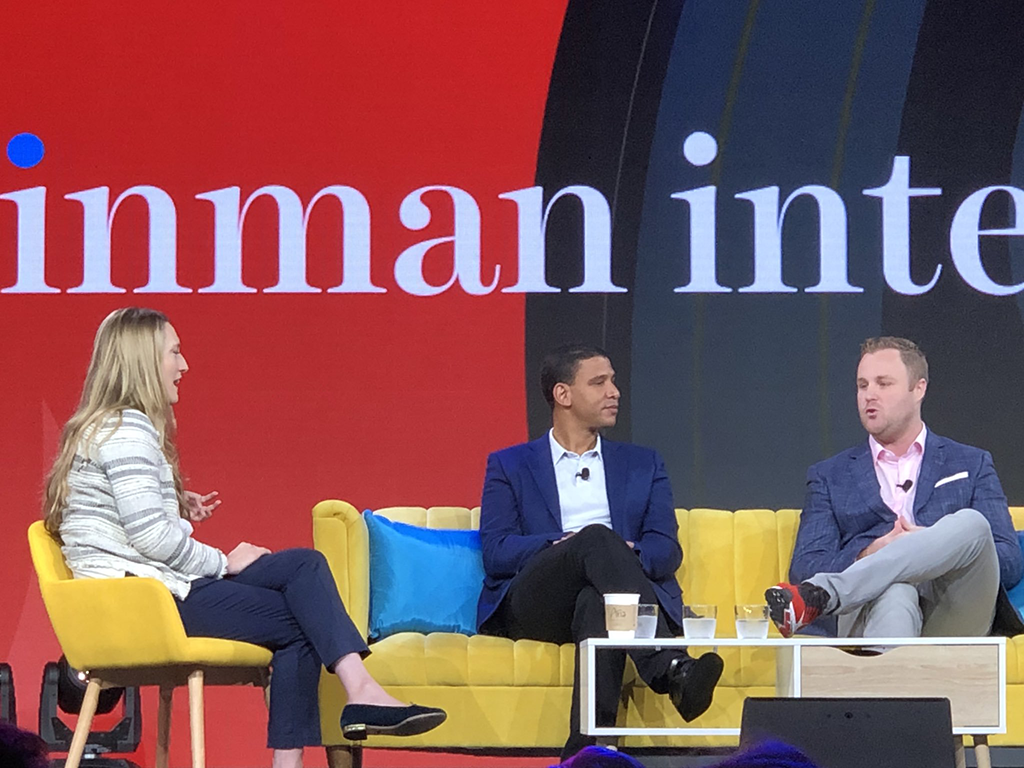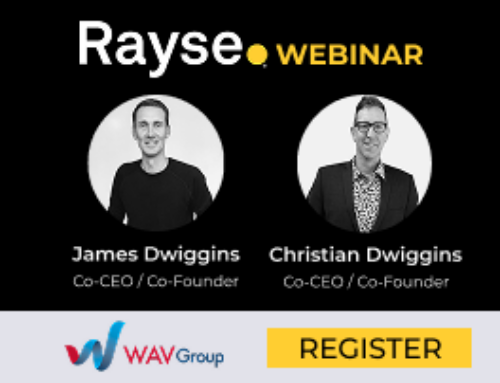
I’ve been working in PropTech and FinTech since Brad Inman recruited me in the spring of ’97 during a dinner in Bellevue, WA. He asked me to join his team and help him market the first full-blown Real Estate Connect that July in San Francisco.
From that day on, I was hooked– hooked on new technology and companies that I believed would fix a broken business. At the time, as a PR and Marketing pro, I wouldn’t have dared to say the industry is broken. That would have been considered an over-the-top characterization in a business that has a long memory (no matter how true it was).
Real estate was (mostly) a non-confrontational sport. After all, we work in an industry built on collaboration. I mean, what other businesses are paid by the competition?
Going along and getting along has been the way of real estate for as long as I can remember; until now.
Things change. Even in real estate, though it’s taken a couple of decades longer than I initially thought it would.
Real Estate Connect is now Inman Connect. While the Connect mission is the same, and quite a few major players are still hanging around from those early days. But Las Vegas made one thing clear: the gloves are coming off. Traditional real estate leaders found their Howard Beale moment: they are mad as hell, and they’re not going to take it anymore.
Why did push come to shove?
Brad identified the angst between real estate and technology leaders early on. It was a significant motivation for the creation of Connect. Introduce the old guard of real estate to a much younger crowd, filled with smart and savvy leaders coming out of Silicon Valley. Brad believed each group needed to learn from each other.
The early tech leaders of hot PropTech and FinTech startups most often shared one thing in common: they had a miserable experience buying a home. They also salivated at what they saw as a vast, scalable opportunity in a multi-trillion-dollar stodgy business. They did not hesitate to try to change it as an outsider.
The cordial traditional real estate industry successfully resisted rapid change. But many nimble, well-funded newcomers made inroads. They focused on the consumer, while traditional real estate focused on franchise preservation. The result is many of these consumer-focused firms got between the agent and their clients.
To add salt to the wounds, brokers found themselves and their agents buying back their own leads.
But look what happens when VC funds come directly into the brokerage business, and a major challenge comes from within: when a tech firm with tech leaders build a brokerage business.
A match was lit a long time ago that has fostered a slow burn among leaders of traditional real estate. That and all the perceived broken promises, as some tech firms said one thing and later did what they said they wouldn’t do.
This latest challenge appears to have been the tipping point.
A turning point
The traditional real estate industry has had many mea culpa moments. But these leaders have held their tongues and refrained from saying what they want to say. We are a cordial industry, remember?
But at Inman Connect Las Vegas, some did not hold back. It was a turning point for the industry. And ironically, several aimed at a disruptor that wasn’t trying to take their lunch money, it was putting their entire bank account in jeopardy.
Traditional real estate leaders landed several crushing blows.
There were a few moments that I can’t get out of my mind, most that you can watch on Inman.com:
- NRT CEO Ryan Gormandiscussing Realogy’s Lawsuit against Compass
- Keller Williams President Josh Teamand Compass CEO Robert Reffkin sparring over technology
- The dichotomy of Brad’s interview with Zillow President Greg Schwartz at CEO Connect and the next day with Zillow co-founder Rich Barton
The most stunning moments for me:
NRT Ryan Gorman interview: No doubt about it, the gloves came off during this interview. Watching how calm and calculated Gorman was, with his comments becoming a Connect classic moment. The interviewer commented that perhaps Compass recruiting is aggressive but suggesting that there’s a fine line of where that “crosses over to truly illegal behavior.” Gorman responds (at 17:58 on the Inman video), “Kinda, I mean it’s like a fine line between Shopping and Shoplifting.” All I can visualize when I think about this was the Batman shirt Brad wore that said: “POW!”
KW’s Josh Team and Compass Reffkin joint interview:This general session has been described as “polite,” but watch the Inman video for yourself. The body language alone said it all for me as both leaders sit with their legs crossed on stage, feet pointed towards each other (7:00 on the Inman Video). Is it just me or can you almost feel the tension on that stage? Watching Josh react non-verbally to some of the claims Reffkin makes is pretty funny – and uncommon at Connect.
Zillow interviews:On Tuesday, Schwartz told Brad about Zillow (I have this recorded), “We’re not a media company any longer.” The next day, Barton tells Brad on the main stage, “Zillow is a media company and will continue to be a media company” (at 7:32 on the Inman video). Barton said that after apparently throwing former Zillow CEO and current Board Member Spencer Rascoff under the bus. This happened at the beginning of the interview when Brad pressed Barton on the statements Rascoff once made about what Zillow would never do.
Blame it on the Vegas heat for the lack of cordialness. Did I say I hate the 100+ degrees in Vegas almost as much as the $300+ a night hotel bills in SF? But to me, traditional real estate is fighting back.
We have reached a turning point in our industry. There’s an emergence of a new pedigree of thoughtful, articulate, and bright, youthful leaders from traditional real estate. Those characteristics are no longer just the domain of tech startup leaders. The buzz at Connect was that to win, tech startups need to work within the industry, and with the industry, not against it. That’s where the investment dollars are going, and after this Connect, I can see why.
# # #




